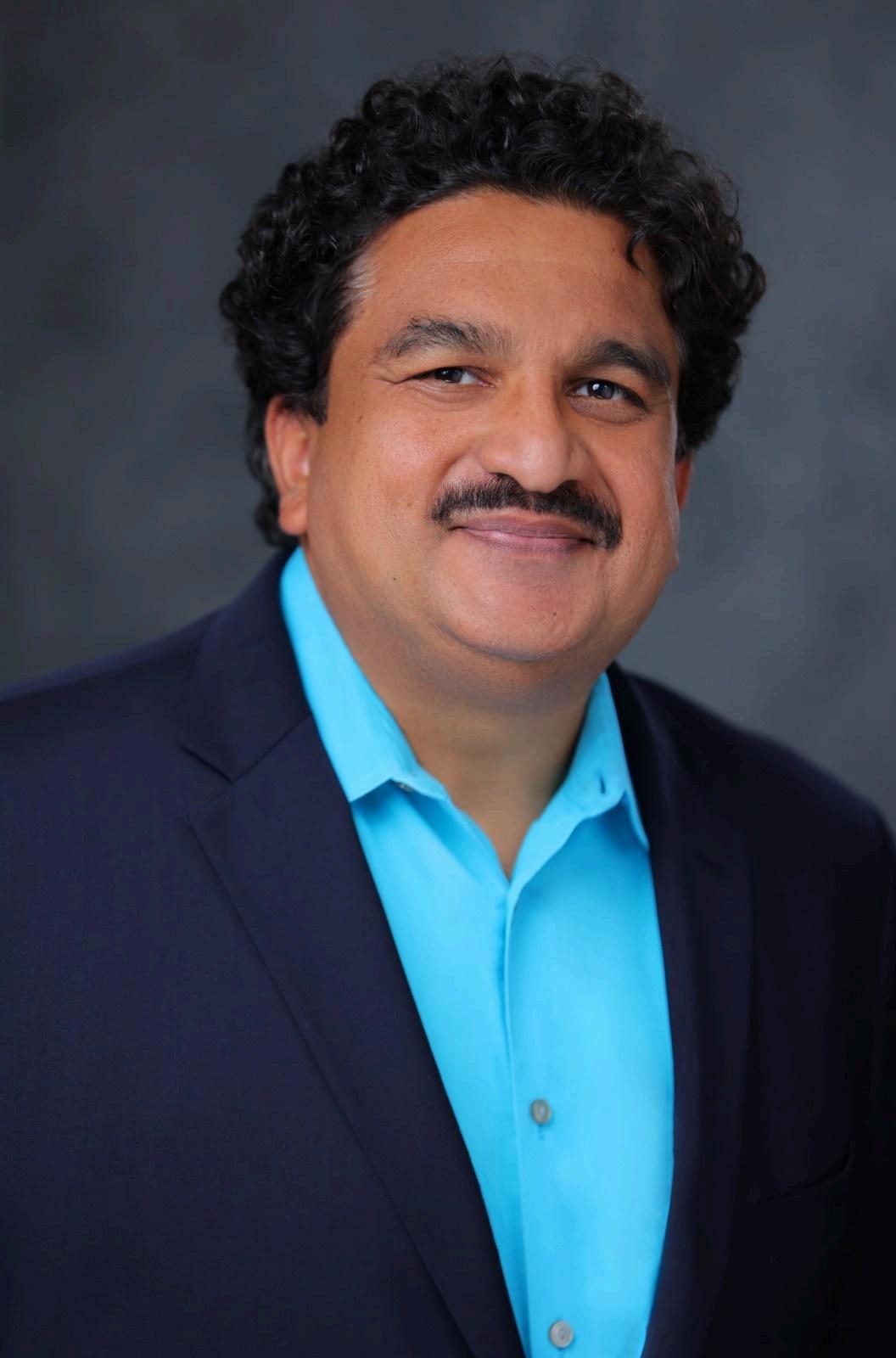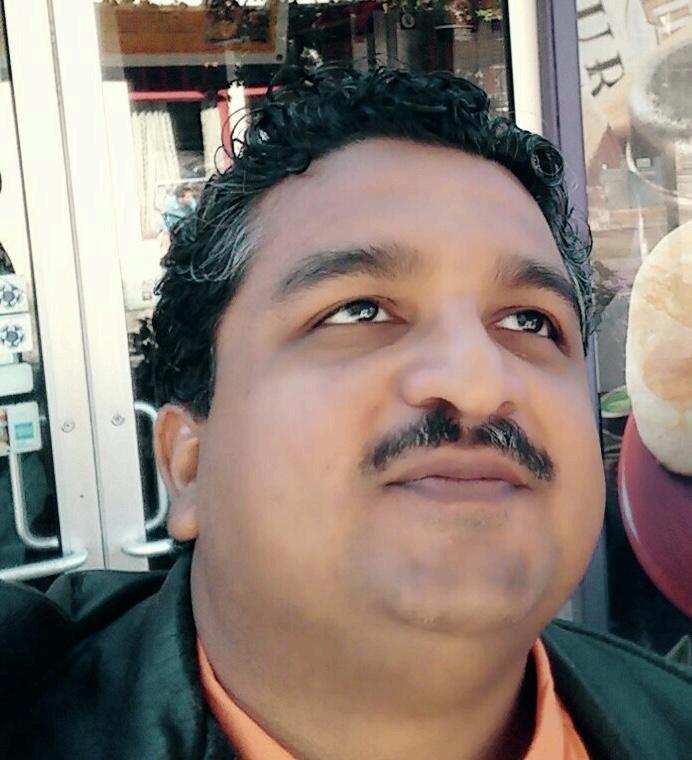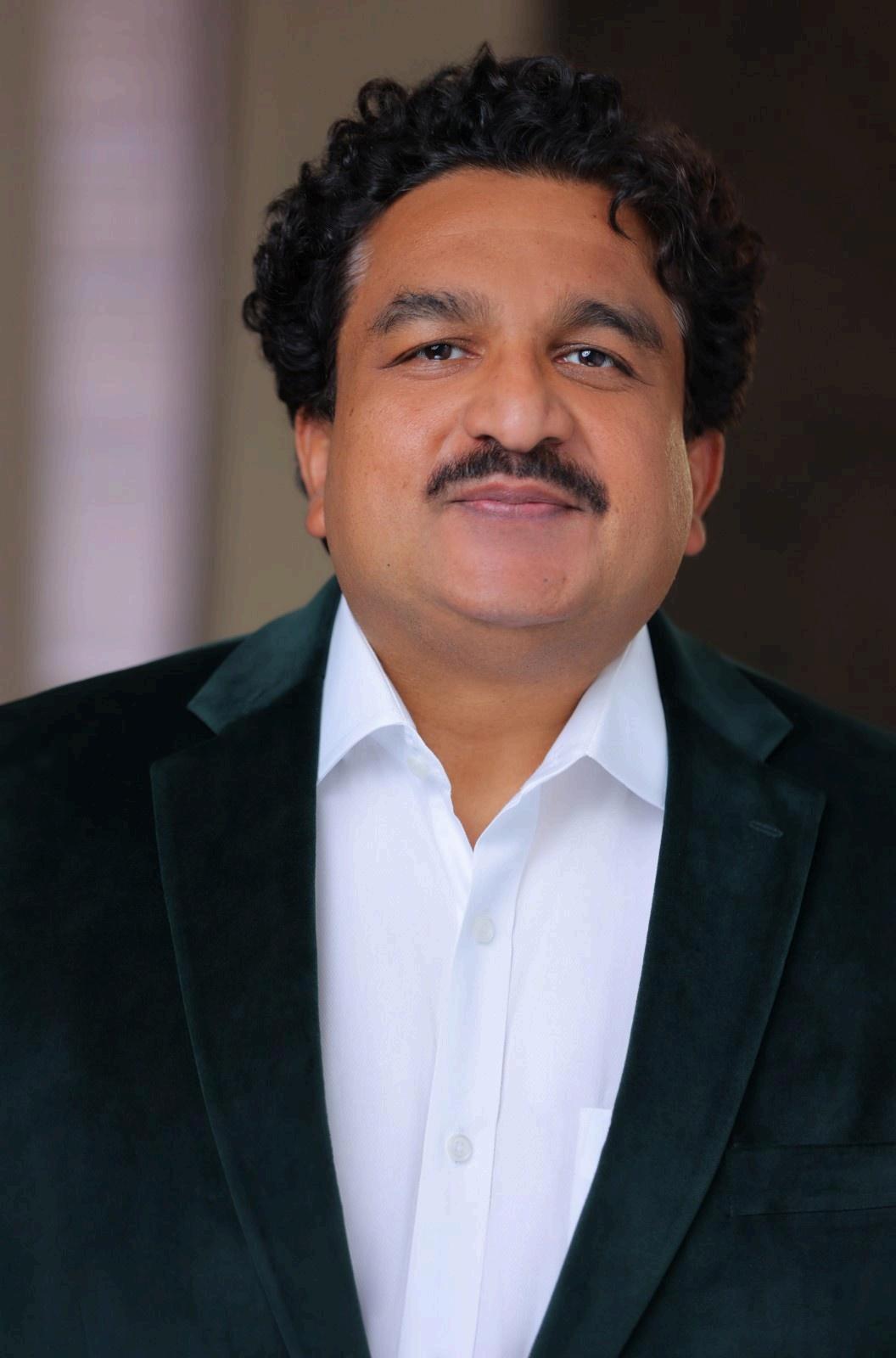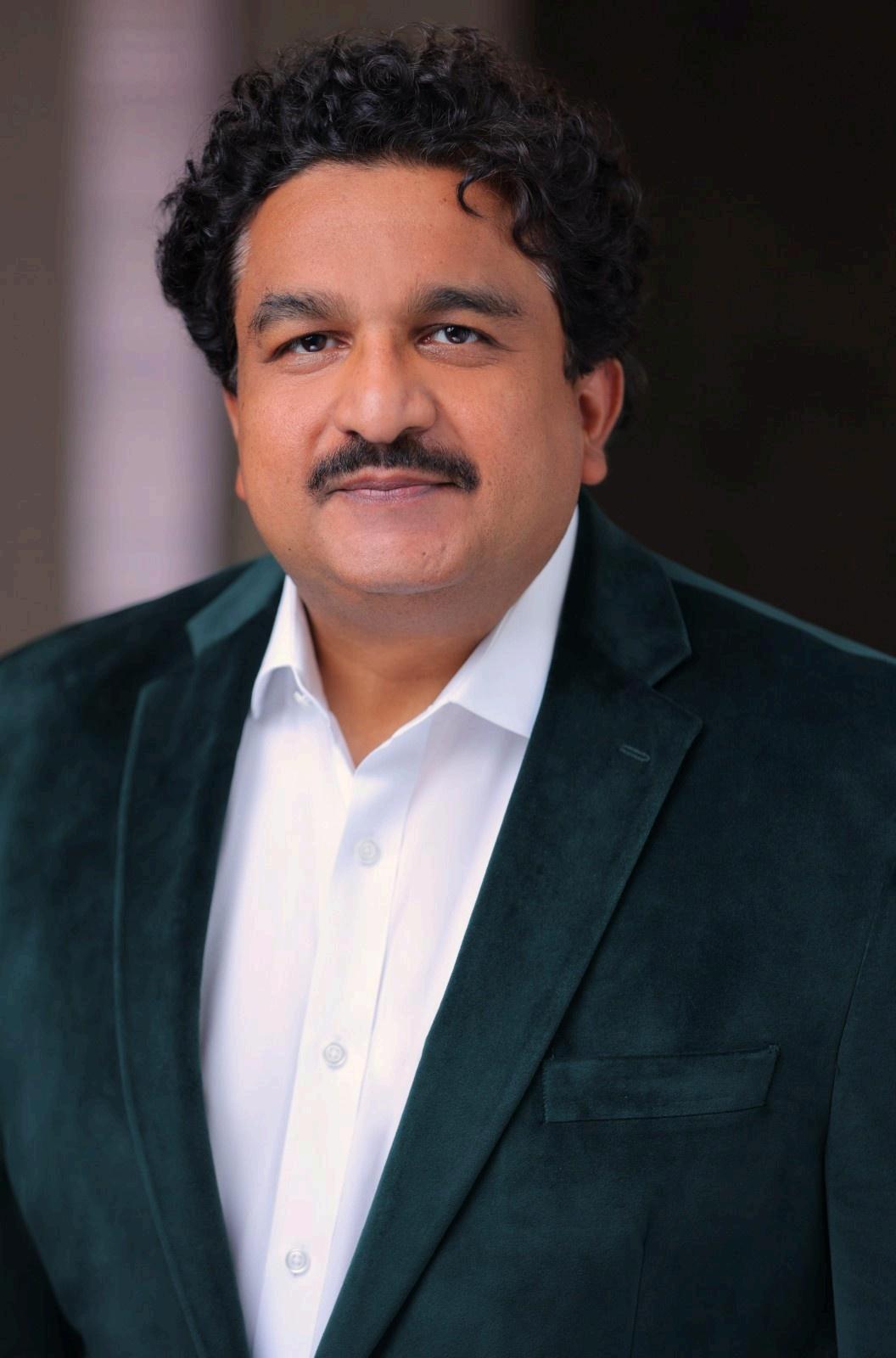Hobbies That Enrich a Health Scientist’s Life Beyond the Laboratory

Isam Vaid believes that for health scientists, much of life revolves around research, data analysis, and the pursuit of knowledge that improves human well-being While their professional work is both demanding and rewarding, hobbies play a crucial role in balancing their intense responsibilities Pursuing interests outside the laboratory allows health scientists to recharge mentally, nurture creativity, and maintain overall wellness The hobbies they choose often complement their scientific mindset, providing avenues for personal fulfillment and enriching life beyond academic or clinical achievements
One of the most common and rewarding hobbies among health scientists is gardening. Tending to plants offers a direct connection to nature and provides an escape from the structured world of research. Gardening encourages patience, observation, and care, qualities that resonate with a scientist’s natural curiosity. Watching a seed sprout into a thriving plant reinforces lessons about growth, resilience, and environmental balance The physical activity involved in gardening also supports well-being, while the harvest of fresh fruits, vegetables, or herbs adds a nutritious bonus to their daily lives

Physical activities such as hiking, cycling, or running are also highly enriching for health scientists These hobbies not only maintain physical fitness but also clear the mind after long hours of concentration in the lab. Hiking through natural trails, for instance, provides fresh air and new perspectives, while cycling offers both exercise and exploration The discipline required in maintaining these activities mirrors the perseverance needed in scientific research, while the mental clarity they foster enhances creativity and problem-solving skills. For scientists dedicated to human health, practicing fitness-oriented hobbies reinforces their professional values on a personal level
Artistic hobbies such as painting, writing, or playing music also bring immense benefits. Engaging in creative expression provides an outlet for emotions and ideas that may not find space in the scientific realm. Writing, for example, allows health scientists to reflect on personal experiences or explore new perspectives, while painting or music stimulates imagination and emotional intelligence These activities create balance by nurturing the emotional and spiritual aspects of life, complementing the logical and analytical nature of scientific work. For many, creativity becomes a source of joy that enhances resilience and prevents burnout

Cooking is another enriching pursuit that aligns naturally with the interests of health scientists
Experimenting in the kitchen is not so different from experimenting in a laboratory both require precision, creativity, and a sense of curiosity Cooking allows scientists to explore nutrition in practical ways, testing new recipes that support a healthy lifestyle Sharing meals with friends and family also nurtures relationships, providing a sense of community and belonging. For health scientists, the kitchen can be both a place of relaxation and an extension of their passion for promoting well-being.
Travel, particularly when tied to cultural exploration, adds another layer of enrichment. By visiting new countries, health scientists gain exposure to diverse health practices, traditional remedies, and unique perspectives on wellness. These insights can inspire fresh ideas in their professional work while also broadening their worldview. Beyond the professional connections, travel fosters adaptability, curiosity, and appreciation for diversity Immersing oneself in different cultures provides a respite from academic pressures while encouraging lifelong learning in ways that extend beyond scientific study

Hobbies enrich a health scientist’s life by creating harmony between professional dedication and personal fulfillment Whether through gardening, physical fitness, artistic pursuits, cooking, or travel, these activities provide balance and renewal They remind scientists that while their work in improving human health is essential, nurturing their own well-being is equally important. By embracing hobbies, health scientists cultivate not only professional excellence but also joy, resilience, and a deeper connection to the world around them. These pursuits transform their lives into a dynamic blend of science, creativity, and human experience, proving that fulfillment lies in balance as much as in achievement
